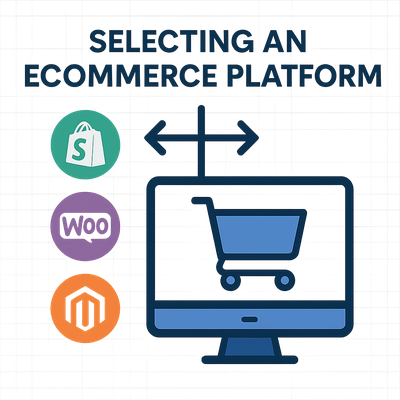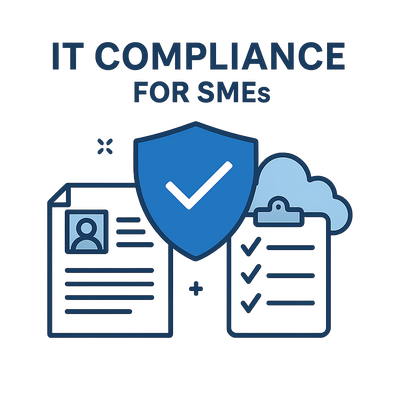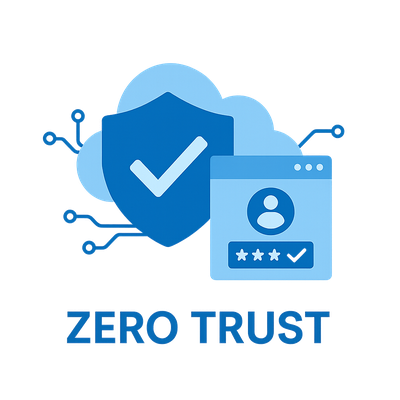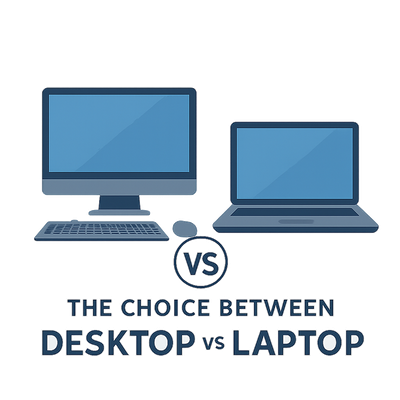
By Geek - August 2025
Launching or upgrading an online store starts with selecting the right ecommerce platform. The choice influences everything from design flexibility and scalability to integration with your existing systems. This guide explains how to evaluate your business needs, compare major platforms, and understand when hiring a consultant can make the process faster and more reliable.
Evaluate Business Needs and Goals
Start by defining what success looks like for your store. Are you aiming for fast setup, extensive customization, or deep integrations with other business systems? Identifying your sales channels, expected traffic, and growth targets helps narrow the list of suitable platforms early.
Set a Realistic Budget
Every platform has different cost structures. Some charge monthly fees, others take transaction percentages or require self-hosting. Include not only subscription costs but also extensions, themes, payment-gateway fees, and ongoing maintenance. A consultant can provide accurate cost projections to match your budget and goals.
Match Technical Skills to Platform Complexity
Consider your team’s technical skills. Platforms like Shopify are designed for quick setup with minimal technical knowledge, while WooCommerce (on WordPress) offers advanced control for users comfortable with plugins and web hosting. Enterprise-grade platforms such as BigCommerce, Adobe Commerce, or Magento require deeper development expertise and structured deployment.
“Professional ecommerce support allows you to focus on growing your business while experts handle the setup, migration, and optimisation behind the scenes.”
Prioritize Core Features
Focus on the features that support your current and future operations. Key considerations include:
- Scalability for handling growth and higher sales volumes.
- Ease of use for managing products and orders efficiently.
- Security with PCI compliance, SSL certificates, and data protection.
- Integrations with ERP, CRM, marketing, and accounting systems.
Compare Leading Platforms
Each leading ecommerce platform serves different business profiles. Below is a high-level comparison to help guide your decision.
Shopify
Shopify is ideal for businesses that value simplicity, speed, and reliability. It offers an intuitive interface, automatic hosting, and built-in integrations for multi-channel selling across Facebook, Instagram, and marketplaces. Shopify’s App Store expands functionality with minimal setup.
WooCommerce
WooCommerce, built for WordPress, is perfect for those seeking control and customization. It allows full ownership of data, flexible design, and endless plugin options. It suits businesses that already operate a WordPress site or prefer open-source control with consultant-managed maintenance.
BigCommerce, Adobe Commerce, and Magento
For enterprises with complex requirements, these platforms provide advanced scalability, powerful APIs, and multi-store management. They require higher technical involvement but deliver unmatched flexibility for integration, internationalization, and performance tuning.
“Choosing the right ecommerce platform is not about the cheapest or most popular option. It is about selecting the one that aligns with your strategy and capacity to grow.”
Security and Compliance
Whichever platform you choose, security should be a top priority. Ensure compliance with PCI DSS for payment processing and deploy SSL certificates for encrypted data transfer. Regular updates, backups, and vulnerability testing are vital parts of a consultant’s implementation plan.
How Can We Help You?
We work alongside your team to bridge the gap between business strategy and technical implementation. We start by understanding your goals, identifying the features and integrations that matter most, and recommending the most suitable ecommerce platform for your needs. From initial setup and configuration to data migration and store launch, we handle every technical detail with precision. We also provide staff training, connect payment gateways, inventory systems, and analytics tools, ensuring your store is secure, scalable, and ready to grow. By partnering with us, you gain expert guidance that helps you avoid common pitfalls and reach the market faster with confidence.







